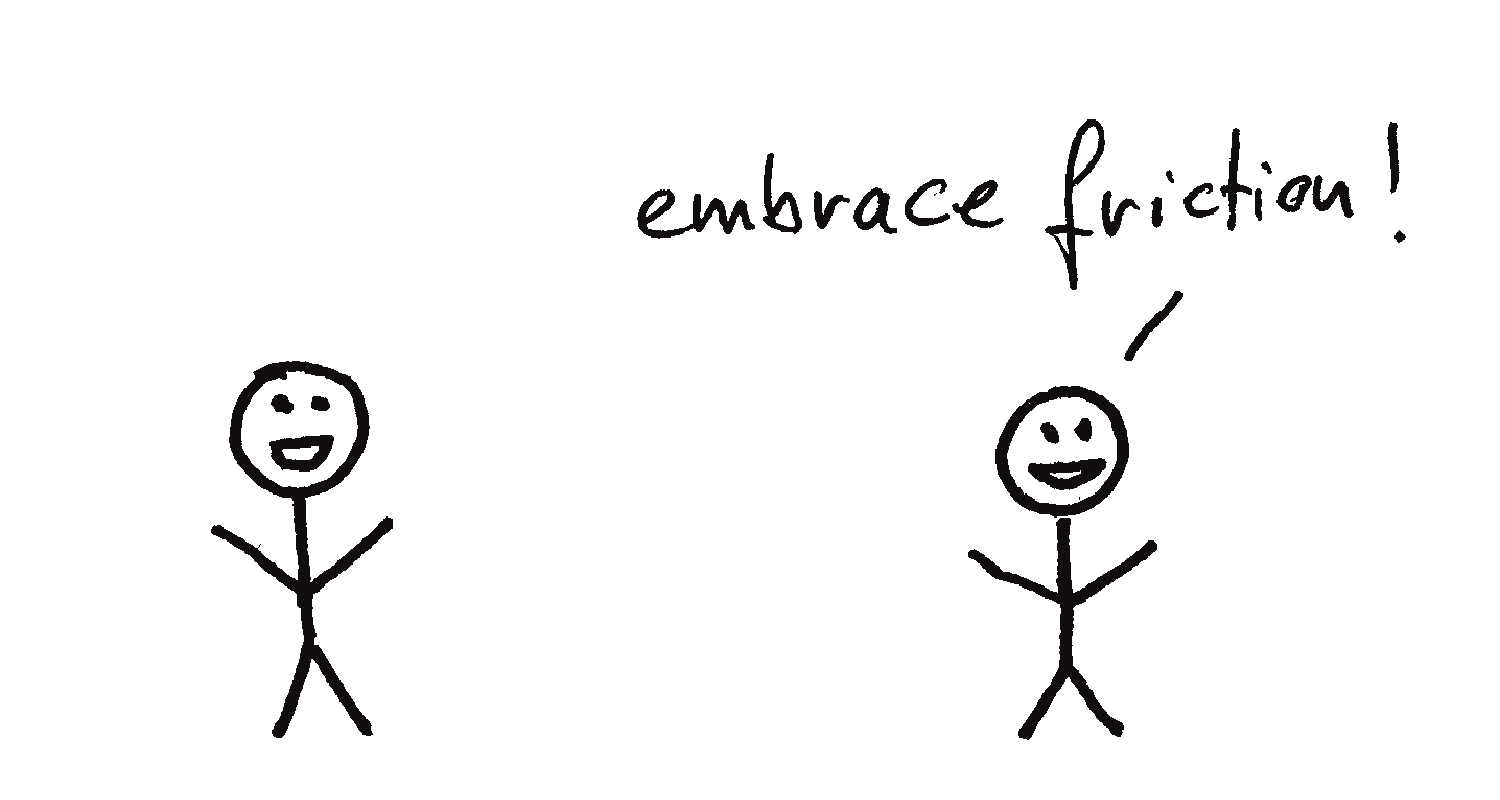cross-posted from: https://lemm.ee/post/39429322
Interesting essay looking at the role of friction in human development, and how a particular vision of technology’s function in society - one that seeks to eliminate friction - paradoxically reduces our autonomy, rather than enhancing it.
This post was reported as spam on technology @ lemmy.world, and was removed, then eventually reinstated, by the mods. The original reason for removal was “it’s not really technology-related.” I suspect it’s being brigaded due to my cryptocurrency criticism, but I have no way to know for sure.
(Edit - update: I have now been banned from technology @ lemmy.world for … I guess asking the mods how this isn’t tech-related? LOL)



it’s an interesting article, but i think the authors are conflating friction for wanting genuine human interaction; its easier than ever for me to make friends because i can instantly connect with and message back and forth, quickly and in real time, over various platforms e.g. discord, the depth of which is only limited by our interactions and how we treat them. forcing us back to sms/email/paper mail doesn’t make our interactions deeper, even though it adds friction. it means we can easily choose what the depth of connection we want is
that isn’t to say that there aren’t examples where less friction leads to less interaction. dating apps are a great example. but i think the authors are conflating the friction for the interaction. yes, you could add friction that would encourage interaction, but you could also add friction that doesn’t. i think the more salient point would be, encouraging interaction often includes friction, but one shouldn’t shy away from that, as a UI/UX developer
which, granted, isn’t as catchy of a title. but they could have gone into greater detail for that in the article, too
regardless of this critique, i enjoyed reading it and the perspective it offered, even if i don’t strictly agree